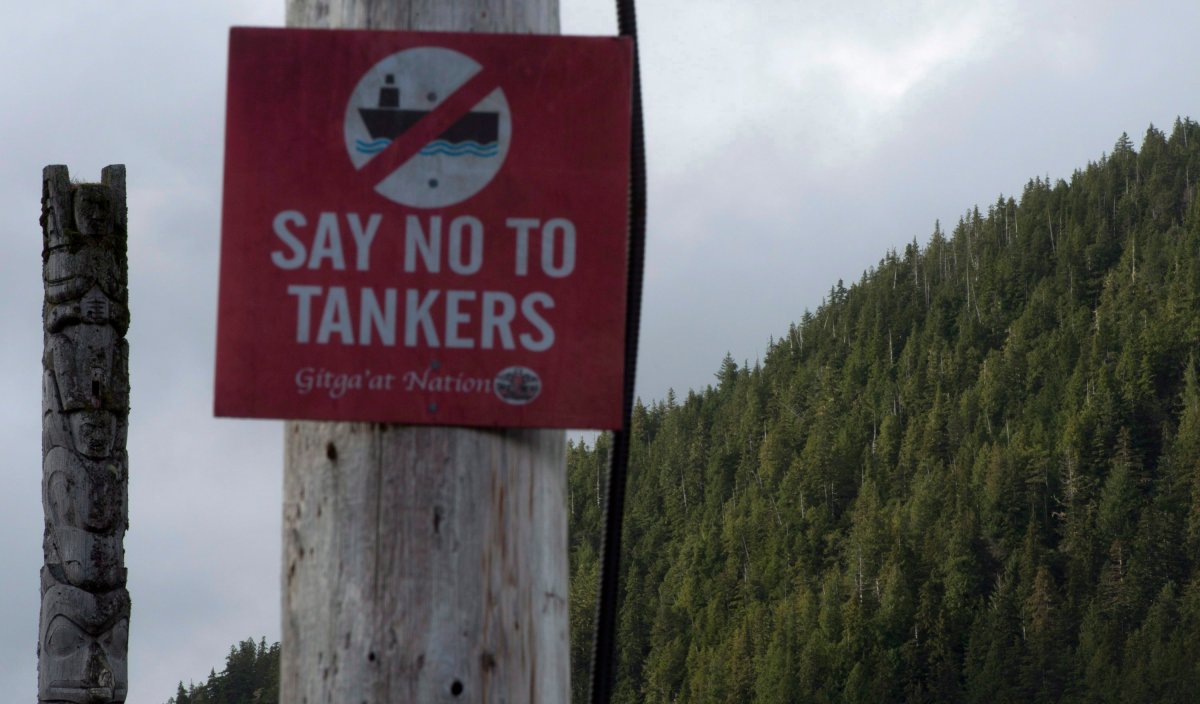Some time in the next six months, Ottawa will probably give Northern Gateway the go-ahead.

And that’s where it runs into trouble.
The Joint Review Panel recommends approving the pipeline (with 209 conditions). Natural Resources Minister Joe Oliver, who has been vocal in his support for the project, says he’ll review the report and consult with Aboriginal groups before making a decision.
But many of those groups have already made up their minds.
“It’s inevitable,” says Grand Chief Stewart Philip, President of the Union of B.C. Indian Chiefs. “As we speak, there’s a lot of networking going on between environmental groups and First Nations groups. … The only real winner yesterday was the legal profession.”
The 1,177-kilometre pipeline would pass through multiple First Nations territories on its way from Bruderheim, AB to Kitimat, BC.
Its environmental impacts and the prospect of pipeline spills and tanker accidents have loomed large for British Columbians: Recent polls have shown more people oppose than support the project; even more so when the question references tanker traffic.
The degree of concerted, vocal opposition to Northern Gateway took its proponents by surprise. It made Enbridge change tack and mount a charm offensive for its Line 9 project in Ontario.
And despite the review panel’s conclusion that the pipeline’s in the public interest, that opposition’s still very much in place.
“Was there critical evidence that wasn’t considered by the panel? Were there bias issues?”
“If a decision is made about something like the Enbridge pipeline in a way that doesn’t meet that duty, that decision could be set aside by the courts,” she said.
“There has yet been no consultation in the legal sense with First Nations. In my opinion, the process the Crown is proposing is not sufficient to meet its legal duties. … It is, essentially, too little too late.”
“It’s been the legal and thus financial risk created by First Nations opposition, in particular … that have created a context in which this is seen as a risky and uncertain project,” Clogg said.
“That will only be amplified by the inevitable legal challenges.”



Comments